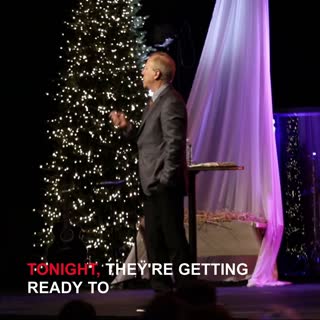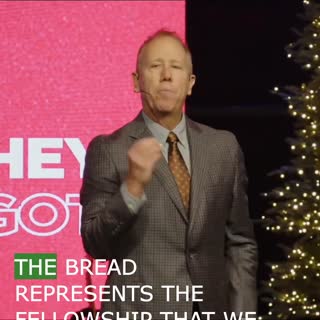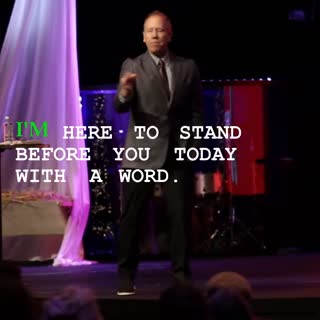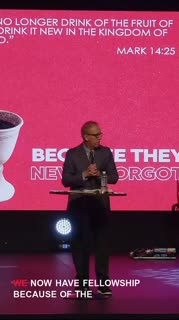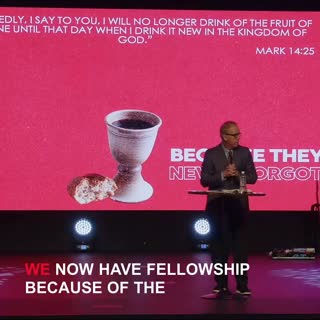Jesus: The New Covenant and Redemption Through Communion
Devotional
Sermon Summary
Bible Study Guide
Sermon Clips
"Tonight, they're getting ready to celebrate the fact, and they don't even know it, that it's not physical death, that they're celebrating something that had happened 2,000 years ago, but they're going to celebrate the fact that not physical death, but something better, spiritual death is going to pass over them." [00:10:17] (21 seconds)
"They are going to leave and never forget from that day forward that the blood is more powerful than any sin that the enemy can tempt you with." [00:11:44] (10 seconds)
"Jesus says, I will sanctify you and I will deliver you. See, something's getting ready to happen on this Passover of Passovers. Jesus is getting ready to change two elements." [00:14:25] (12 seconds)
"The bread represents the fellowship that we have with the Lord. And any time we take of the meal and we take of the bread, we're reminded, we're remembered of the fellowship that we always have for him because he gave his body." [00:14:56] (16 seconds)
"I'm here to stand before you today with a word. You're never to the point to where you cannot take the third cup of redemption." [00:20:35] (10 seconds)
"We now have fellowship because of the body. We have an unbreakable covenant because of the blood." [00:30:09] (9 seconds)
"You've been sanctified. You've been delivered. You've been redeemed. So Jesus took, after eating that Passover meal, then He took the bread. As we're doing now, at least we never forget that this bread represents He is now. Our Passover lamb." [00:39:19] (27 seconds)

